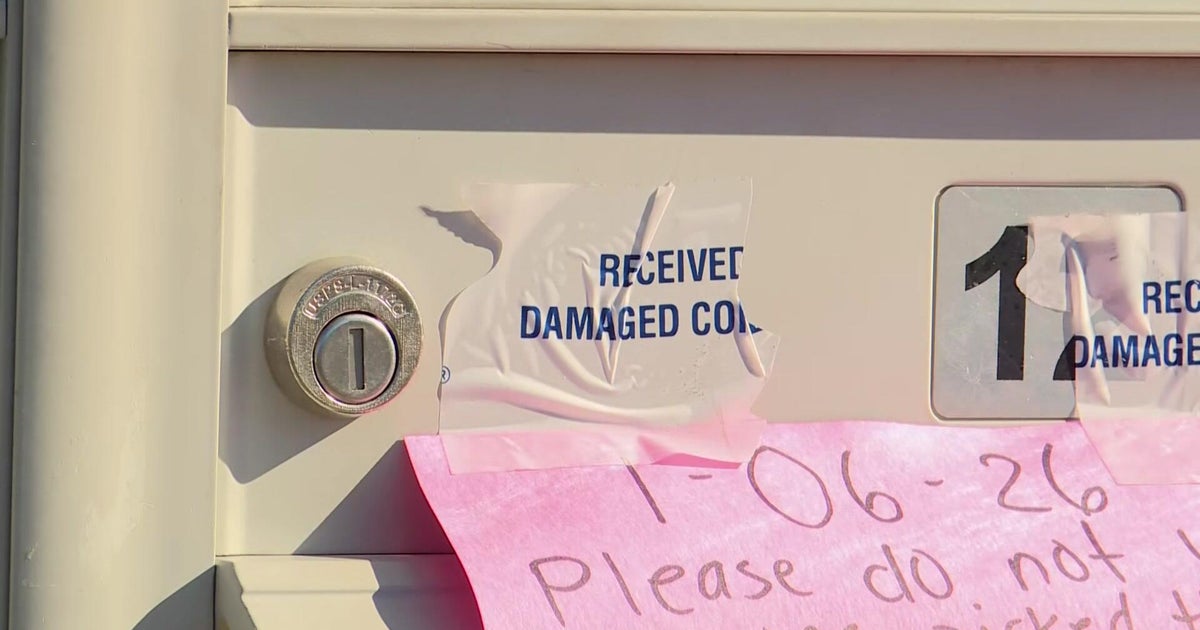How To Protect Yourself When Trading In Your Smart Phone
CHICAGO (CBS) -- For many of us, smart phones are our lifelines to the world, and most of us are constantly looking for the latest models.
But could donating or trading in the old ones be a risky move? As CBS 2's Mai Martinez reports, some security experts say if you don't take the right steps, yes it could.
Siedah Mickens said she can't imagine life without her smart phone.
"All the things for my business is on there, so I do my job searching on there. I do pretty much all my [social networking] on there," she said. "Everything is on my phone."
But she said she'd never given any thought to what might happen to that information if her phone fell into the wrong hands.
She's not alone. At Personal Electronic Solutions, people are constantly upgrading phones without thinking twice about what's left on their old ones.
Manager Gary Britton said he's found lots of sensitive information on phones that customers have traded in, including "Social Security numbers, passwords for bank accounts, bank account numbers, routing numbers."
Bill Kresse, with St. Xavier University's Center for the Study of Fraud and Corruption, said that's a dangerous combination for identity theft.
"With that they can then access your credit cards, access your bank accounts and completely destroy your life as well," Kresse said.
So how do you protect yourself? On an iPhone, it's as simple as going into the general settings and clicking on "reset all contents and settings."
Britton said that would reset the phone to the way it was when it came out of the box. All of the information that you'd loaded onto it would be gone.
For most Blackberries, you need to click on the wrench symbol, look for the security options and use the "wipe" option to erase everything.
Kresse said it's a little work that could save you a lot of trouble.
"We wouldn't even consider, say, donating an old wallet without removing the credit cards first. In the same way, we shouldn't even think about donating a telephone unless we took all that personal information off of the phone," he said.
Kresse said you should never store your Social Security number on your cell phone.
He also said you should keep in mind that identity thieves can use the smallest pieces of personal information found on a phone to go online and find other bits of information in order to assume someone's identity.
That's why it's never a good idea to store user names or passwords on your phone either.







